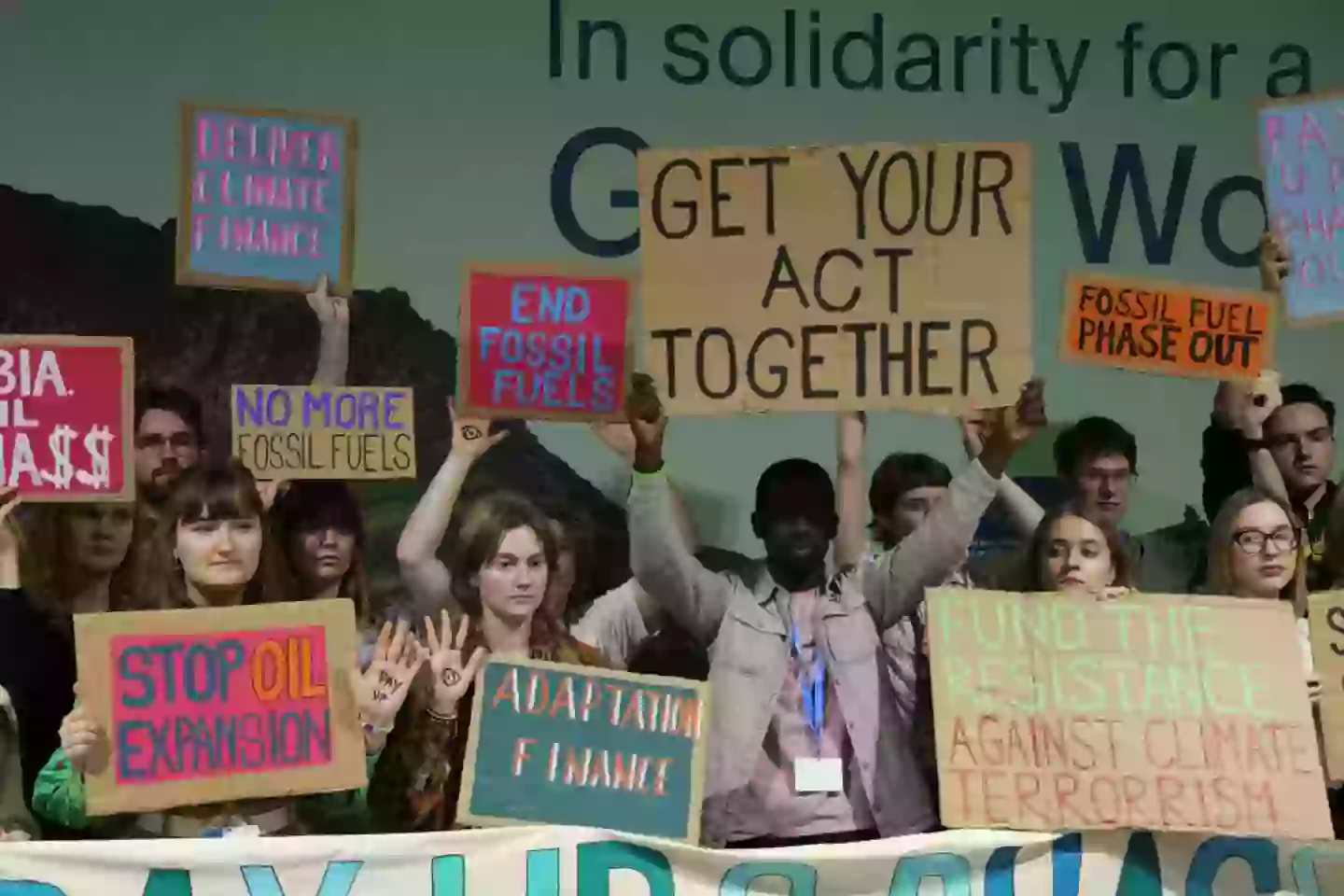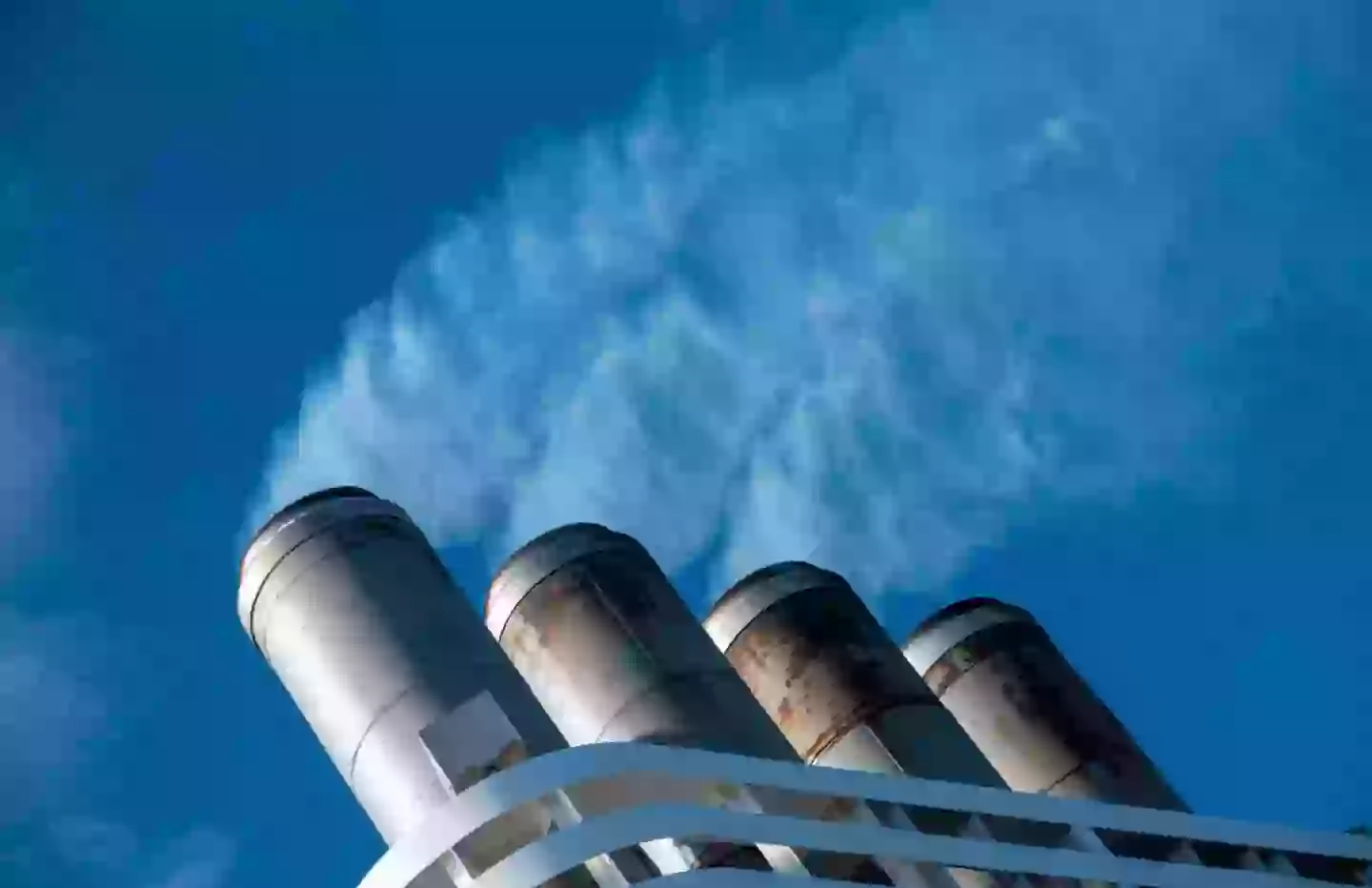
New scientific reports have indicated that the world is on the edge of 'irreversible climate disaster' which even in the most optimistic scenario would require widescale changes in order to combat.
Climate change is one of the world's major issues and has been for a while, with disturbing scientific predictions becoming the norm alongside outlandish projects backed by billionaires in an aim to combat global warming.
Perhaps the scariest part of it all is how inevitable it seems, and it only appears to be growing worse too. Many have criticized certain billionaires for contributing to climate change through their actions, and while there has been a widespread push for a more sustainable future, it might still not be enough.
Advert

This has only further been cemented by recent scientific reports, in which experts have claimed in the State of the Climate 2024 report that not enough is being done.
"We are on the brink of an irreversible climate disaster," the report, led by William J Ripple, begins, "This is a global emergency beyond any doubt. Much of the very fabric of life on Earth is imperiled. We are stepping into a critical and unpredictable new phase of the climate crisis."
The report then continues to outline that despite warnings laid out in the past 50 years, "we are still moving in the wrong direction," with worrying signs that only further seem to cement an undesirable future for the Earth.
Advert
One of the most worrying aspects of the report is the section that details the increased consumption of the world's population that has led to further risk of an unsustainable future.
It explains that "decoupling the growth" in variables like an increasing human population, per capita meat production, and livestock population "with greenhouse gas emissions may be difficult."
Revealed is that while renewable energy consumption did rise 15% from 2022 to 2023, this was partnered also by a 1.5% rise in fossil fuel consumption, which is overall around 14 times greater than solar and wind energy consumption overall.

Advert
Additionally, tree losses were significantly larger too, rising from 22.7 to 28.3 megahectares, which is also partly down to an increase in wildfires, which remain a biproduct of global warming.
China, the United States, and Indian account for over half of all global emissions, with a total worldwide count reaching above 40 gigatons of carbon-dioxide-equivalent for the first time ever.
These are far from the only issues outlined by the lengthy study, but it's conclusion remains that despite major awareness of the issues, "the world has made only very minor headway on climate change, in part because of stiff resistance from those benefiting financially from the current fossil-fuel based system."
This indicates that very little will change in the near future at least if those profiting from it don't relent, and that we have only "worse to come if we continue with business as usual."
